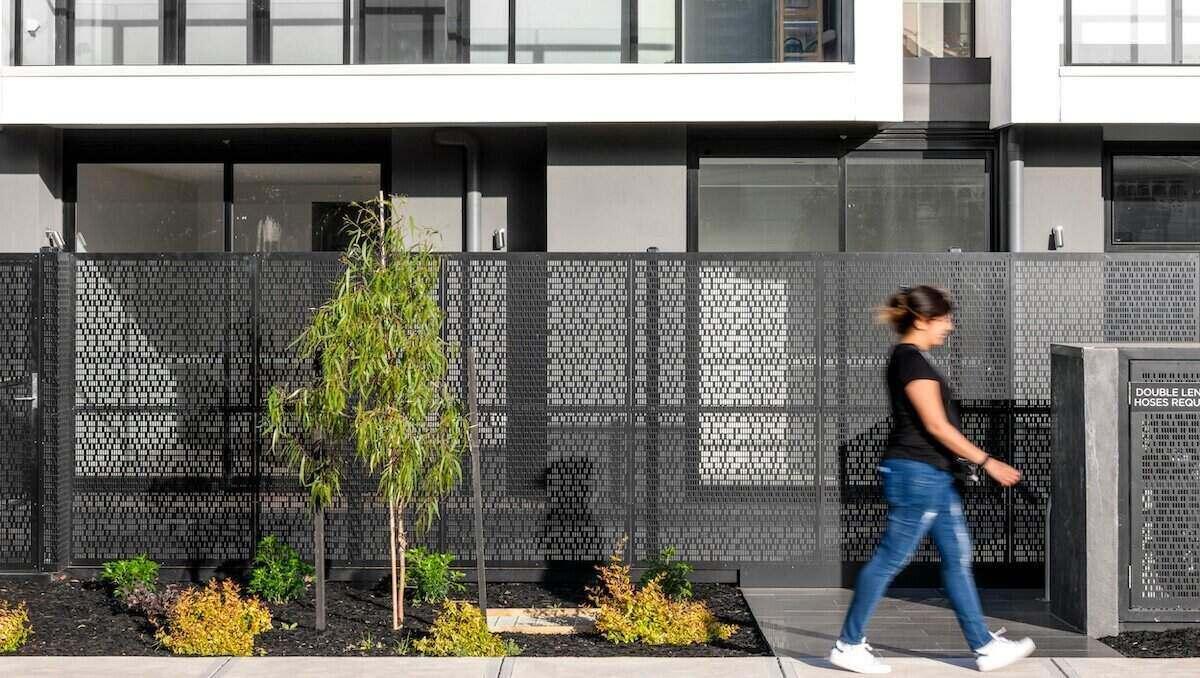 Owner-occupiers and first-home buyers also appear to have returned to the market, with lending to both groups rising around 19% over the year to April, according to new figures from the Australian Bureau of Statistics (ABS).
Owner-occupiers and first-home buyers also appear to have returned to the market, with lending to both groups rising around 19% over the year to April, according to new figures from the Australian Bureau of Statistics (ABS).
"Lending to investors continued to rise strongly relative to owner-occupiers, driven by increasing loan sizes," ABS head of finance statistics Dr Mish Tan said.
"This likely reflects expectations of higher rental yields and the greater borrowing capacity of investors."
With interest rates still hovering at multi-year highs, the borrowing power of owner-occupiers has been limited.
Investors, on the other hand, can typically include expected rental income on top of regular income to meet serviceability targets.
Meanwhile, tightness in the rental market continues to drive rents upwards, despite recent easing in vacancy rates.
"While any easing in conditions will be welcomed by renters, available properties remain very scarce with the vacancy rate at around half the levels seen before the pandemic," PropTrack senior economist Paul Ryan said on Thursday.
"This means competition for rentals will remain strong and rents will continue to increase."
Average new owner-occupied home loan surpasses $625k
Aussies are also borrowing more in 2024.
The average size of an investor loan rose from $592,000 in April 2023 to $648,000 in April 2024 - a 9.5% increase.
First home buyers also dug deeper into their pockets, with the average size of a person's first owner-occupier home loan rising 6.8% year-on-year to $532,000 in April.
This is lower than the typical homebuyer's loan, with the average owner-occupier home loan value increasing to around $626,000.
The rise in loan sizes coincides with surging house prices.
CoreLogic data reveals Australia's median dwelling price surpassed $785,000 in May, an increase of more than 8% over the past year.
Investment hotspots: Where are property investors buying?
Property investors appear to have turned their sights on NSW, Queensland, and Western Australia, with the value of new investor loans in the three states soaring over the year to April.
In Western Australia, more than $1 billion in investor home loans were signed in a single month, with investors borrowing $1.15 billion to buy in the state - a 70% jump year-on-year.
Investment in NSW and Queensland also saw significant increases, with investors borrowing $4.4 billion and $2.3 billion respectively - up 44% and 46% year-on-year.
Borrowers hold off on fixing home loan interest rates
The latest findings from the ABS also revealed the portion of borrowers choosing to fix their interest rate has hit a new low.
Less than $600 million of home loans signed in April boasted a fixed interest rate, compared to more than $50.4 billion of variable rate home loans.
This suggests borrowers are anticipating future interest rate cuts.
It comes despite the fact that some fixed rate products currently offer lower interest rates than their variable rate counterparts.
According to the Reserve Bank of Australia, the typical new owner-occupied, variable rate mortgage signed in March had an interest rate of 6.30% p.a.
That's compared to 5.90% p.a. for a typical new home loan with a fixed rate period of three years or less.
The 40 basis point difference could save borrowers more than $165 a month in repayments on a typical 30-year, owner-occupied loan.
See also: Mortgage repayment calculator
However, those on fixed rates might miss out on potential savings if the RBA lowers the cash rate.
The RBA board will meet later this month to discuss the cash rate, with the majority of experts predicting its June meeting will result in another hold.
Each of the big four banks are forecasting the first rate cut will occur in the final months of 2024.
However, CommBank economists caution that another rate hike could be nigh if inflation remains persistently high.
Advertisement
Considering a new investment property? Check out some of the lowest-rate investor home loans on the market now.
Lender Home Loan Interest Rate Comparison Rate* Monthly Repayment Repayment type Rate Type Offset Redraw Ongoing Fees Upfront Fees Max LVR Lump Sum Repayment Extra Repayments Split Loan Option Tags Features Link Compare Promoted Product Disclosure
Promoted
Disclosure
Disclosure
Image by R ARCHITECTURE on Unsplash





Share